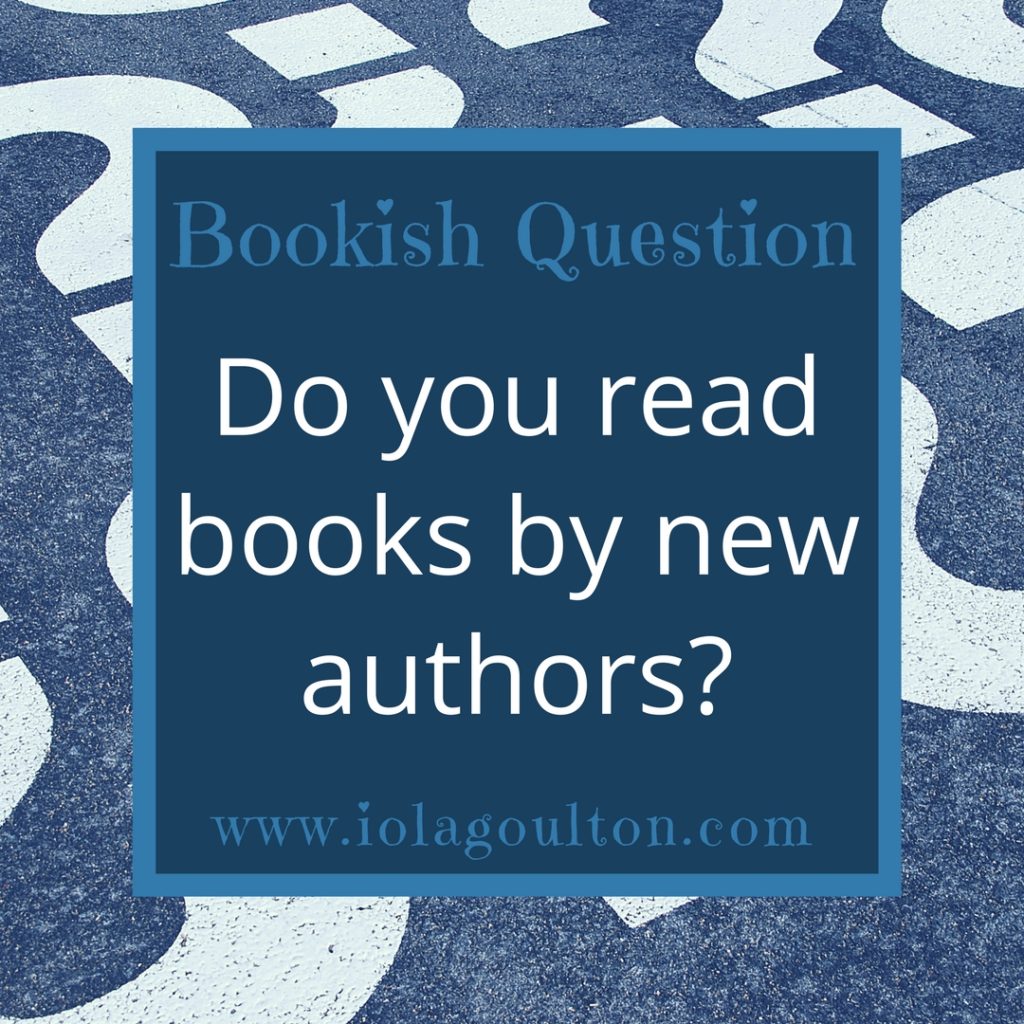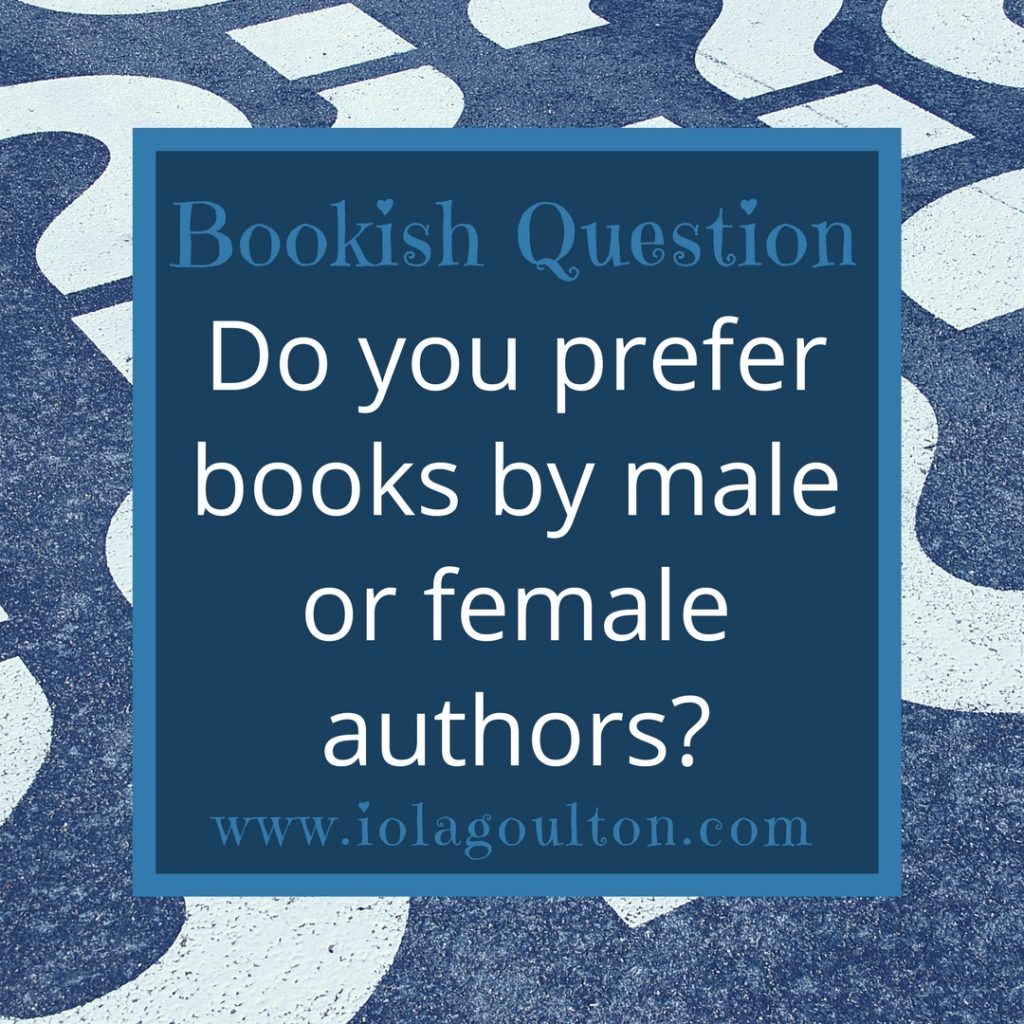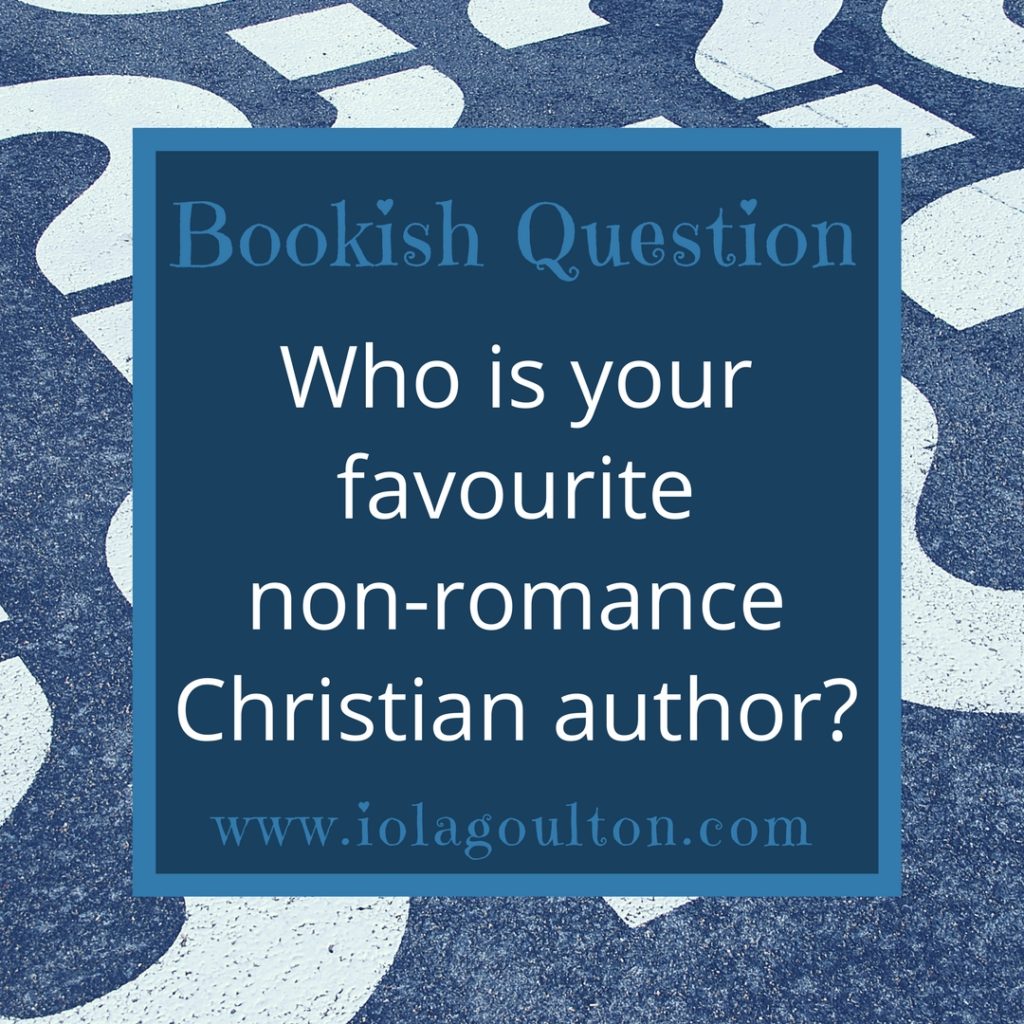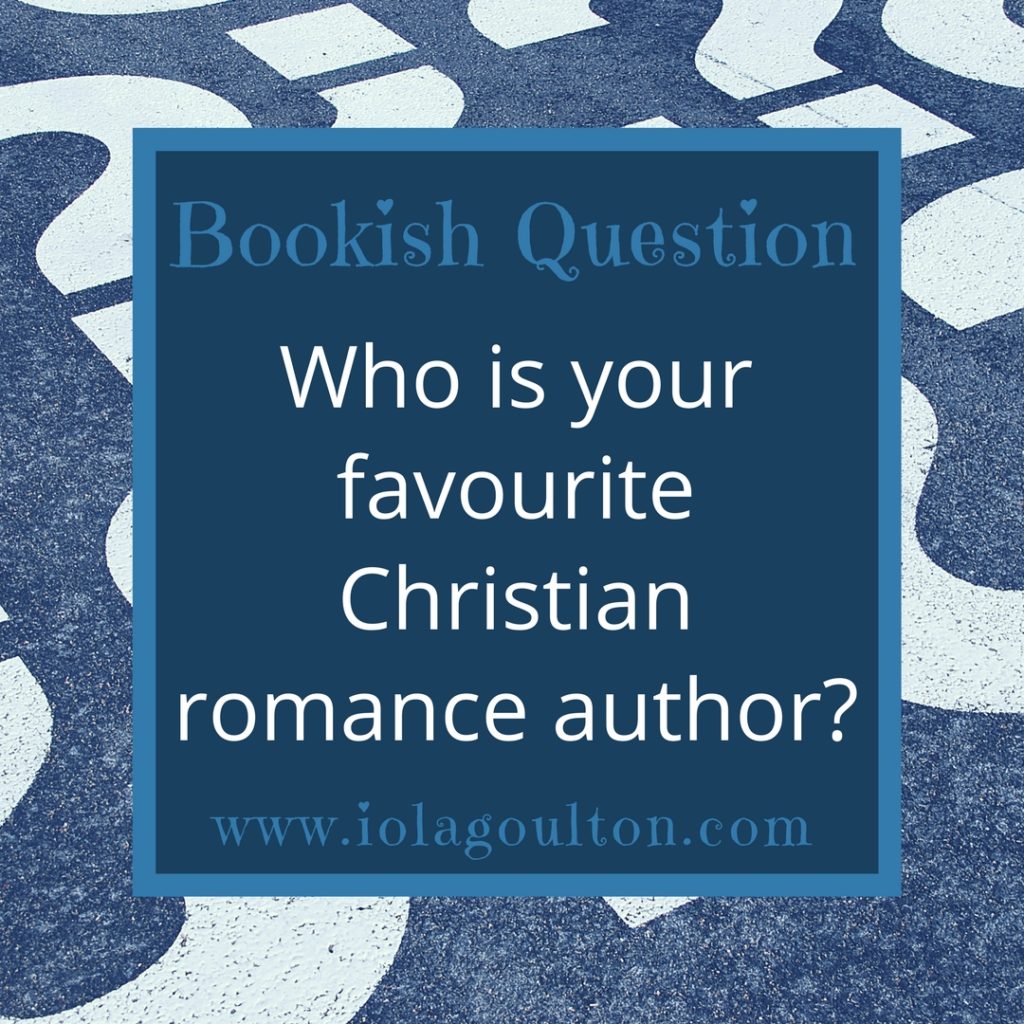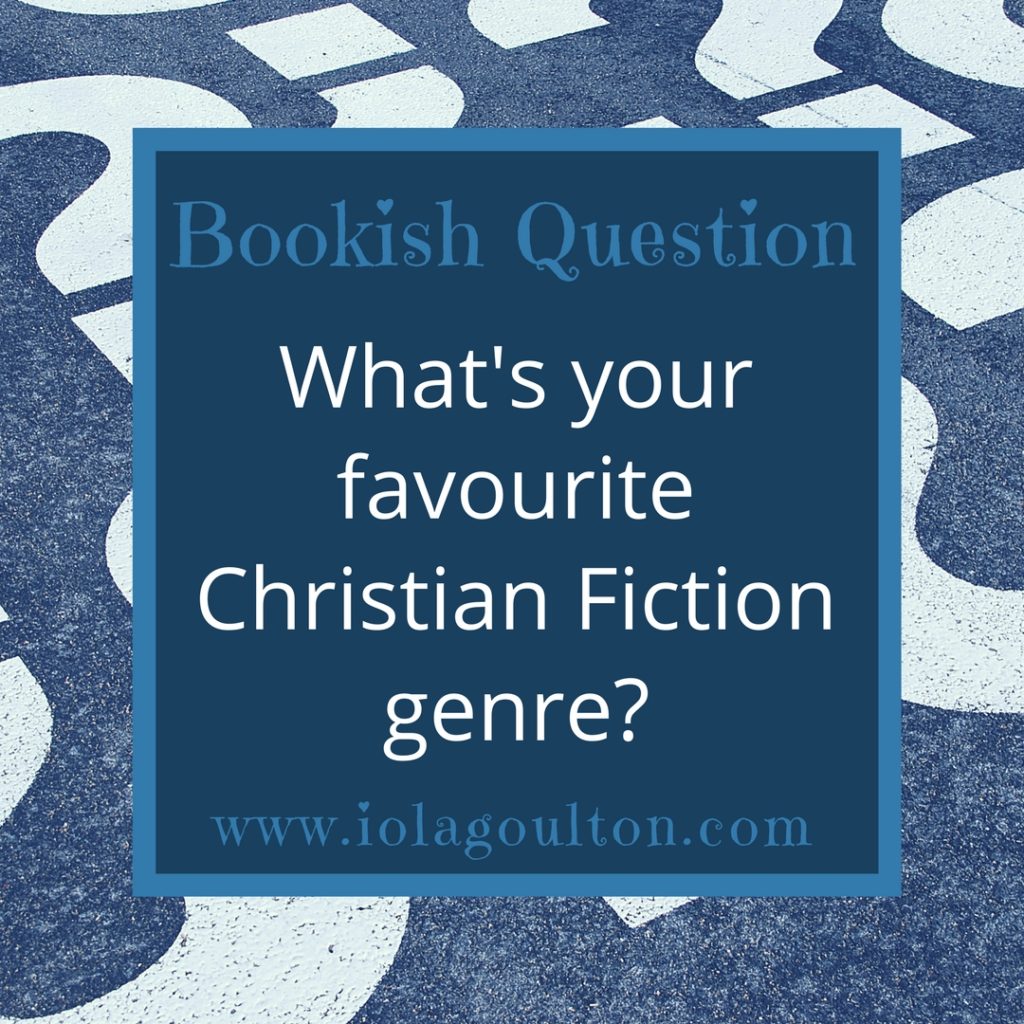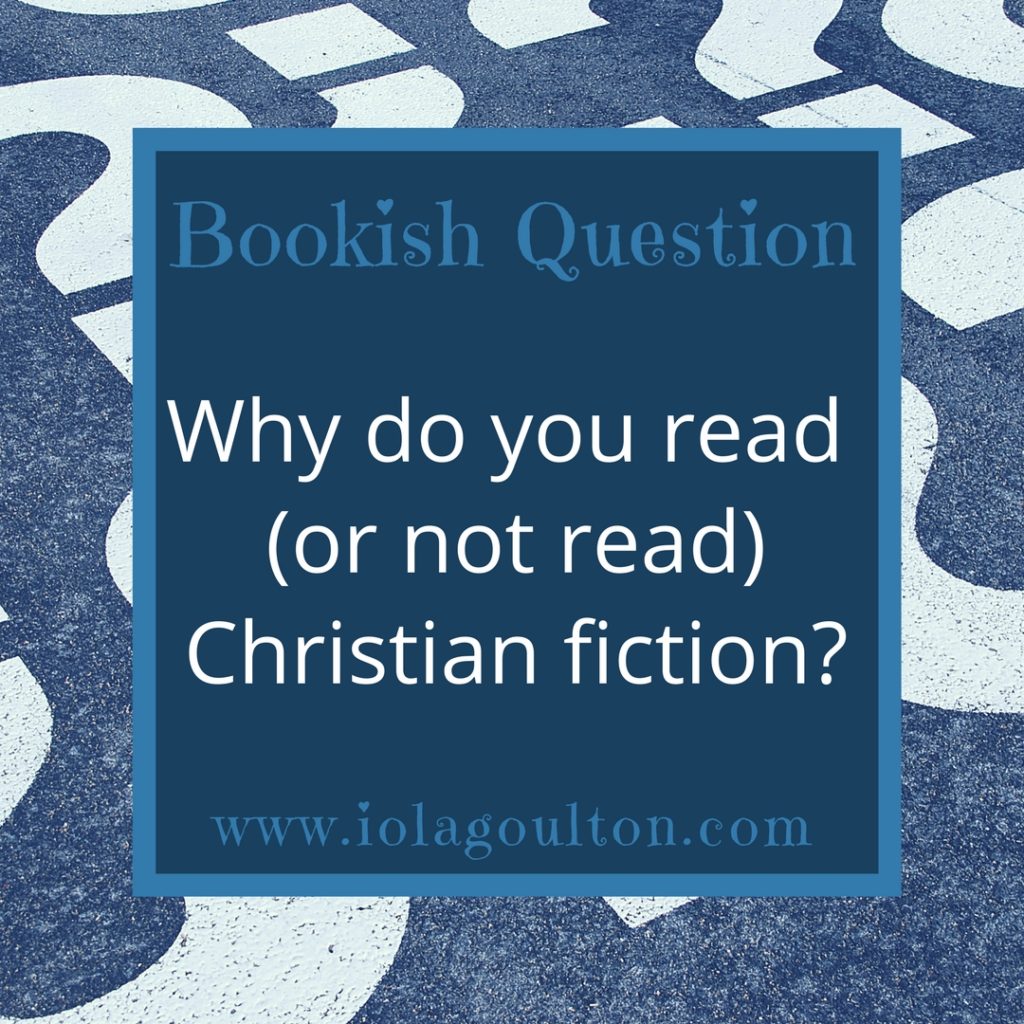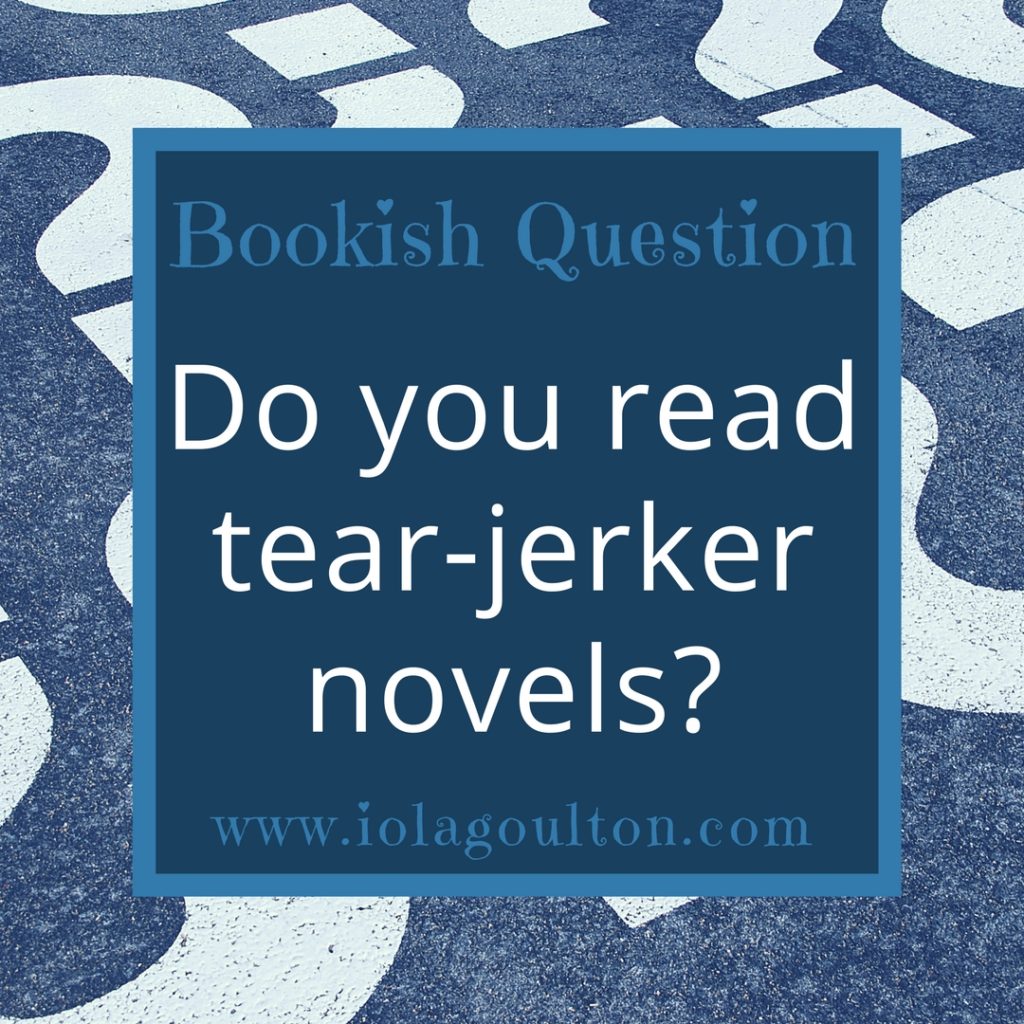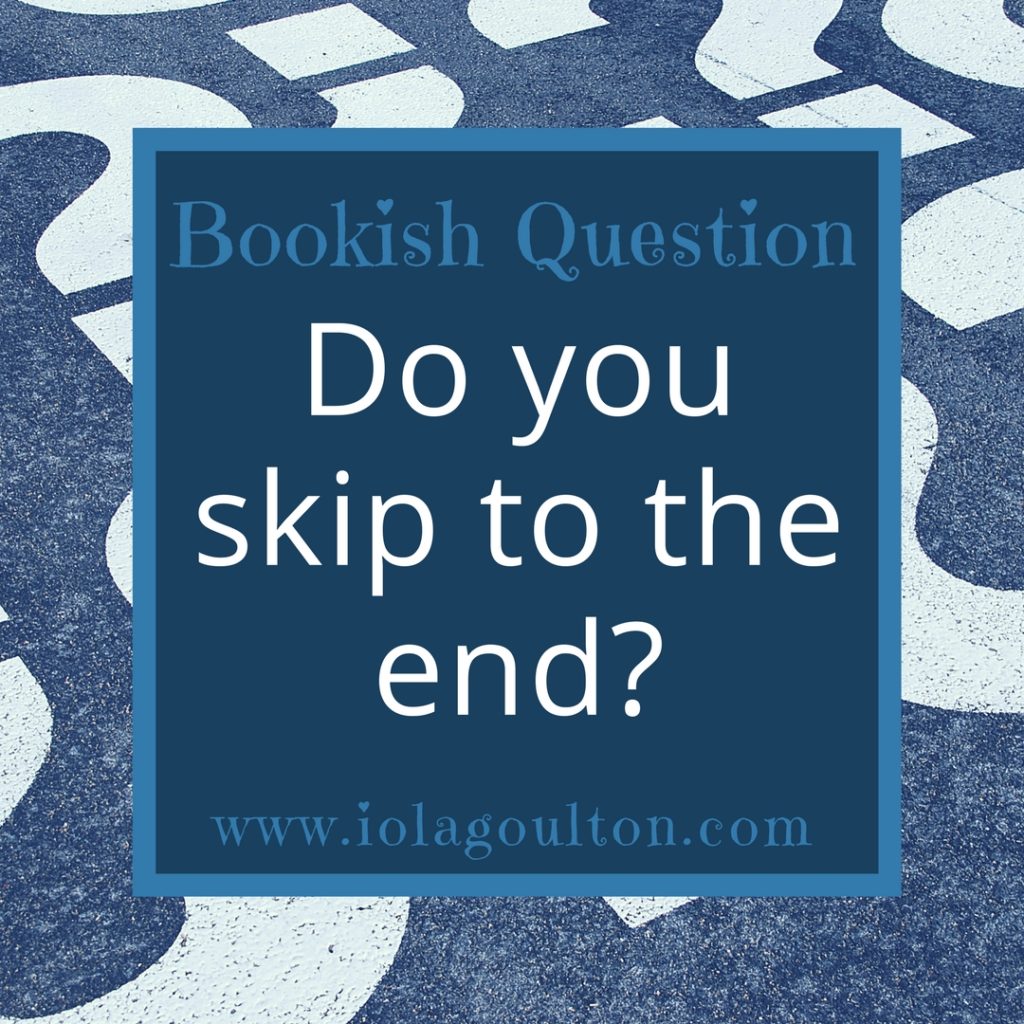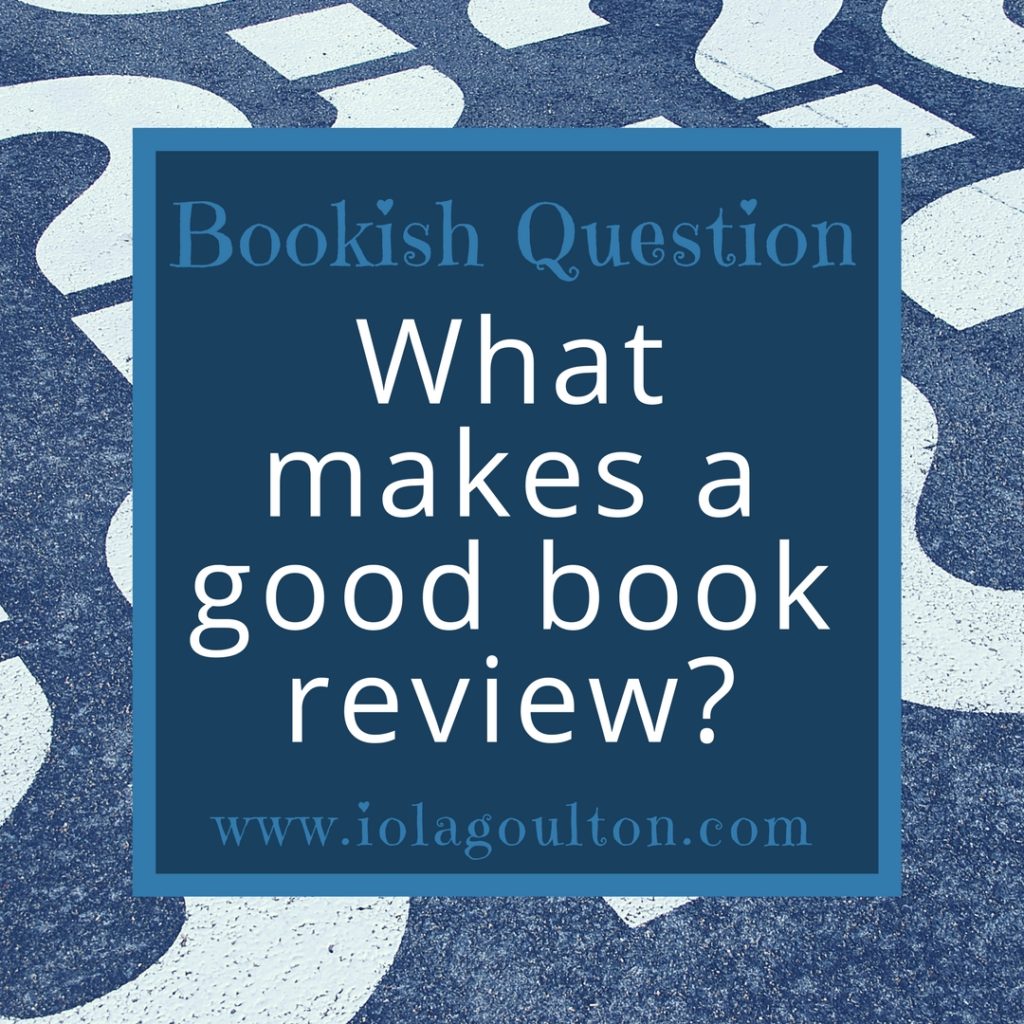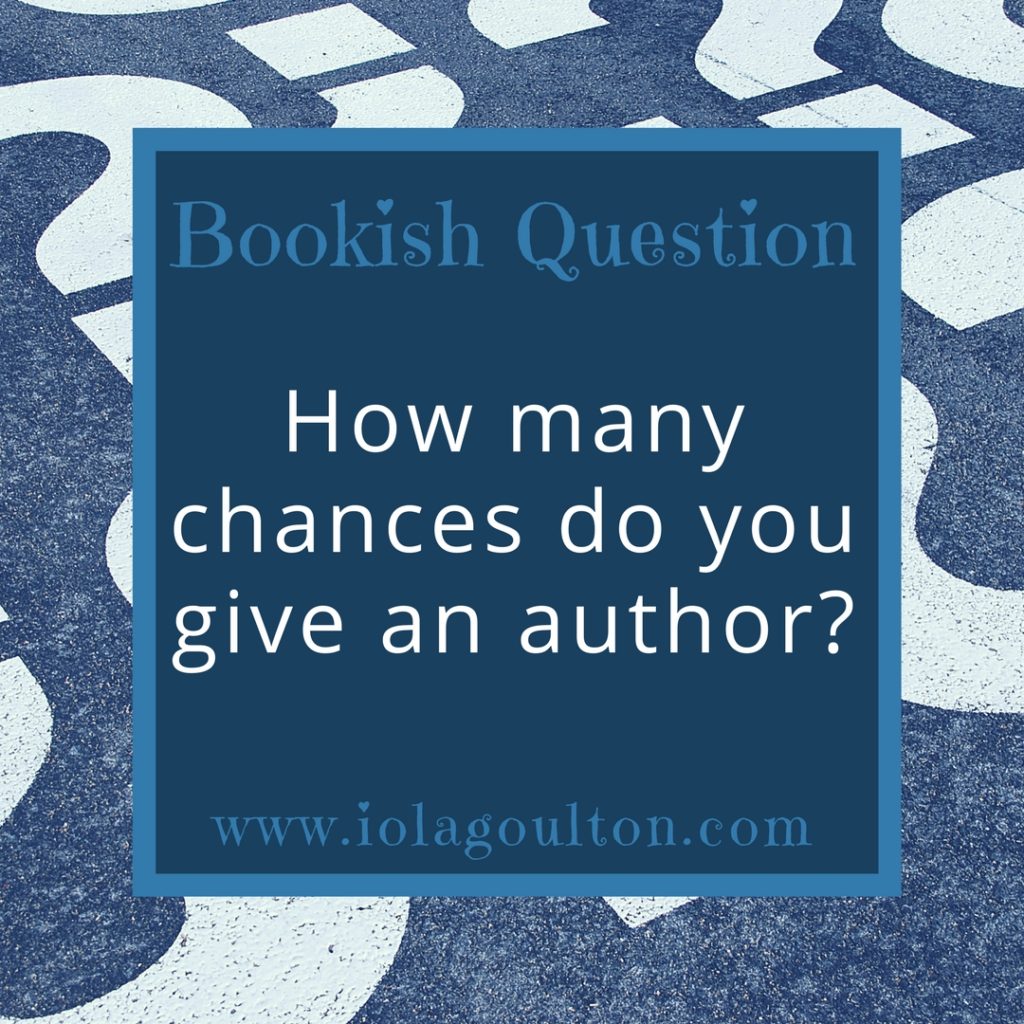We all have favourite authors—authors where we’ve read every novel they’ve written.
Where we stalk their websites and social media for cover reveals and announcements about their next release. Where we click the Amazon Kindle pre-order button as soon as it appears, or where we have a standing order with our friendly local Christian bookstore? (That is normal, right?)
[If you want to know my favourite authors, sign up for my email list and I’ll send you a list. Actually, several lists. One for each of my favourite genres. But they are all in one document. Although I need to update it.]
Then there are the good authors, the ones we’ll read if we find a book in the library, if it’s on sale on Kindle, and if we don’t already have eleventy-billion books in our to-read pile (I know some of you can count the number of books on your to-read pile on the fingers of one hand. Just don’t judge the rest of us. Please).
But what about new authors? Do you read books by new authors?
Of course, “new authors” can have different meanings. It could be debut author, where you’re reading their first ever book (like The Secret Life of Sarah Hollenbeck by Bethany Turner). It could be debut fiction author—someone with one or more non-fiction books who has now made the jump to fiction (like Grace in Strange Disguise by Christine Dillon).
Or it could be a new-to-you author—one who has published other novels, but none that you’ve read. I had that recently. I read Deadly Proof by Rachel Dylan, thinking it was her first novel. It wasn’t, but her other novels were Love Inspired Suspense.
Being a book reviewer means I read a lot of debut authors, and new-to-me authors. In fact, I often seek out books from debut or newer authors, because I want to see what’s trending in Christian fiction. Who are the new authors? What genres are they writing? What is changing in terms of writing styles.
I want to know this as a reader, because I don’t want to miss out on good books from new authors. I want to know as a reviewer, so I can recommend books to people who will enjoy them. And I want to know as a freelance editor, because I want to know I’m giving my clients up-to-date advice.

